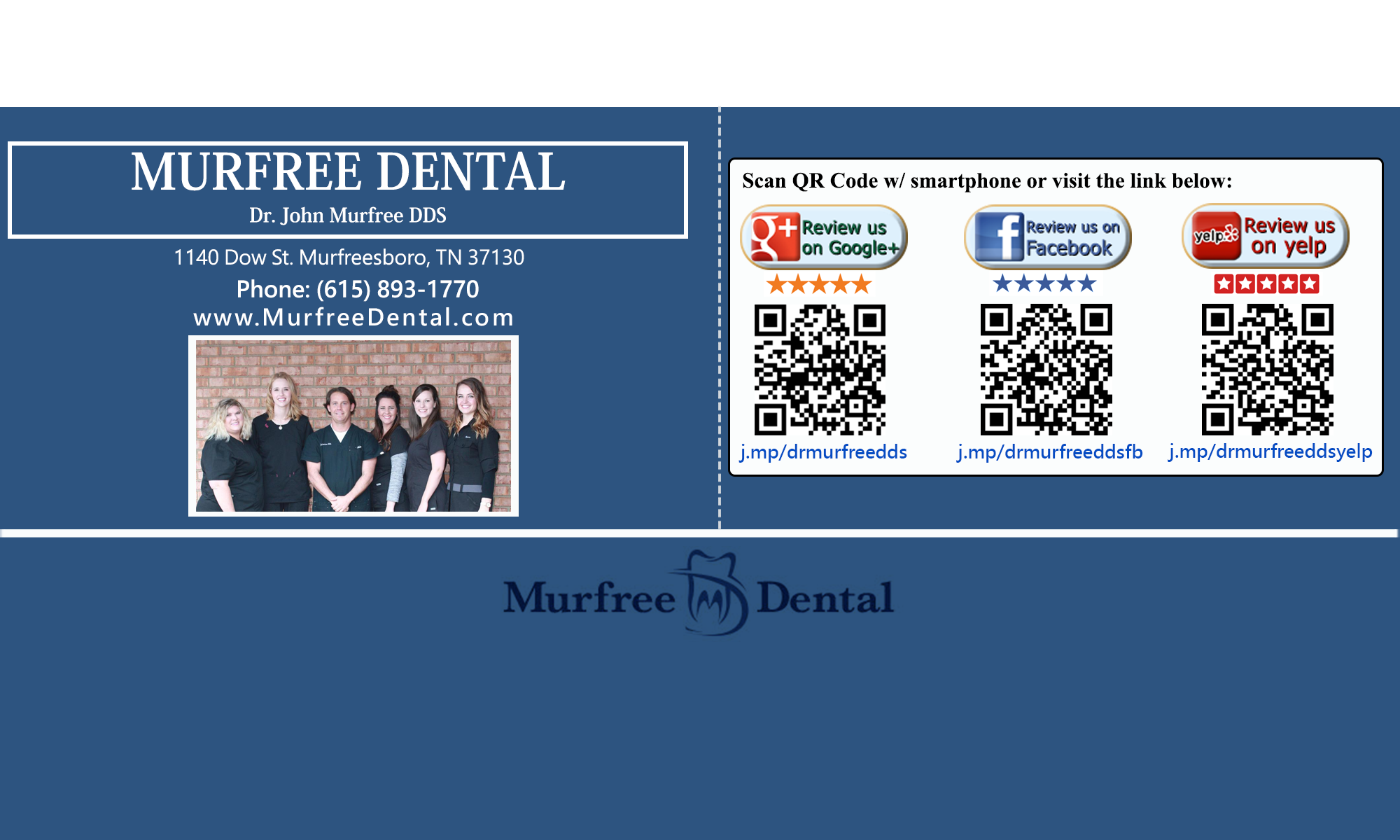If you’ve been diagnosed with diabetes, it’s important that you let your dentist know so that they can give you the best care possible.
As more than 15 million Americans have diabetes, your dentist will be familiar with the issues and will give you the specialist care you need.
This is important because diabetes can lower your resistance to infection and slow the healing process.
It’s important to tell your dentist:
– If you have been diagnosed with .diabetes
– If the disease is under control
– If there has been any other change in your medical history
– Names of all prescription and over-the-counter drugs you are taking
The most common oral health problems associated with diabetes are:
– Tooth decay
– Periodontal (gum) disease
– Salivary gland dysfunction
– Fungal infections
– Infection and delayed healing
– Taste impairment
If you have regular dental checkups – and keep your dentist informed about your status – they’ll be able to help you reduce and manage these risks.
